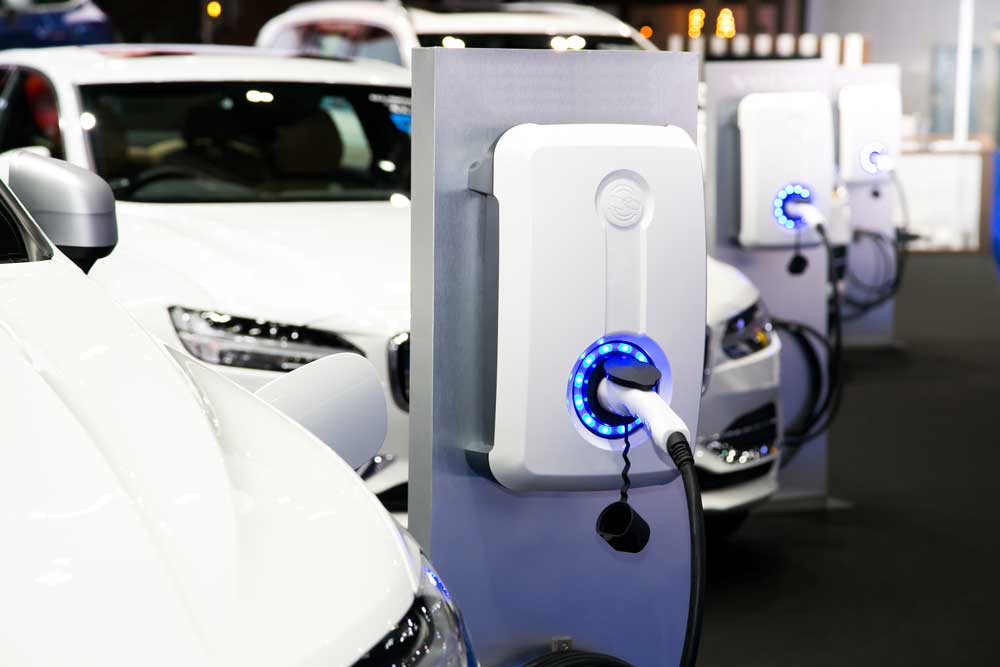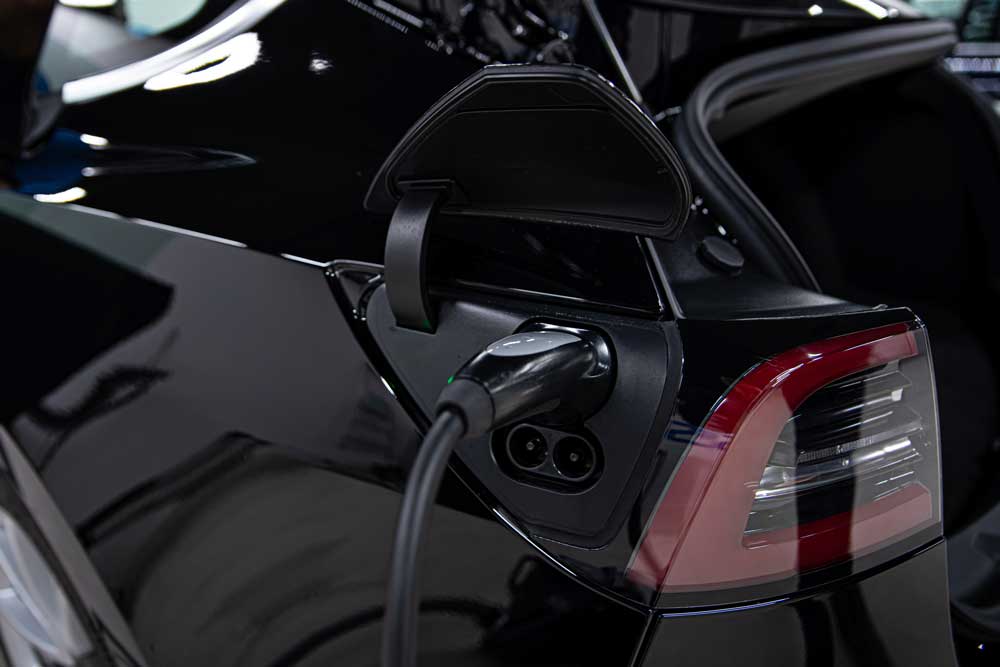How Much Does It Cost To Charge An EV? – As an electric vehicle (EV) owner, you’re probably aware that one of the main benefits of owning an EV is how much cheaper it is to charge compared to fuelling a petrol or diesel car. But how much does it cost to charge an EV? And how do you calculate your own EV charging costs?
The cost to charge an EV will depend on several factors, including where you charge it, what you charge it with, and how low the charge is in your battery.
How much does it cost to charge an EV in different locations?
One of the most common locations to charge an EV is your home. You might use a 3-pin plug trickle charger, or you might have a dedicated charging point. (More info on: Electric Car Charging Points For Business. ) Although the cost will depend on the deal you have for your home electricity, charging at home, with a home electric car charger is usually the cheapest option overall.
If you have a dedicated wall-box charger, you may find it has smart charging capabilities. By monitoring the current electrical load at your home and being programmed with the cost of your electricity, the charger can optimize the charging start and end time to ensure your vehicle is ready when you need it, potentially using the cheapest rate of electricity available. This can save you even more money on the cost of charging your EV.
Other popular locations to charge an EV include:
- Public charging stations: these are usually found in car parks, shopping centres, and other public locations. The price to charge will vary depending on the network you use. (For more info on: EV Public Charging)
- Workplace charging: some employers offer workplace charging as a perk for their staff. This can be a great way to reduce your overall charging costs, as you’ll usually pay less than the public charge rate. In fact, some workplaces may offer free charging, which is certainly the cheapest way to charge your EV.
- Rapid chargers: these are high-powered chargers that can charge an EV much faster than a home charger for electric cars or public charger but can cost more to use.

Is it cheaper to charge an EV at home?
Using a public charger typically costs more than you’ll pay at home. However, the cost can be offset by speed – public chargers often have a higher kW rating than home chargers, so if you need to top up quickly, they’re a great choice. The extra cost comes from the overheads the businesses face for installing and maintaining charging points.
How do you calculate your own EV charging costs?
To work out how much it will cost you to charge your EV, you’ll need to know how many kilowatts (kW) your charger delivers and the cost of electricity per kWh.
Assume you charge at home and have a standard 3-pin plug charger with a power rating of 2.3 kW, and it takes around 10 hours to charge your EV from empty to full.
If electricity costs €0.15 per kWh, it will cost you approximately €3.45 to charge your electric vehicle from empty to full. This is much cheaper than filling up a petrol or diesel car, which could cost you over €50.
The calculation is simply the total number of hours x kW rating x cost.
In the above example, this is 13 hours x 2.3 kW x €0.15 = €3.45
Of course, the cost of charging an EV will vary depending on how much charge is currently in your battery. If you only need to top up by a few percentage points, it will obviously cost less than starting from scratch.
To get an accurate estimate of how much it will cost to charge your EV, you can use your battery size, the charge percentage, how many kW your charger delivers, and the price of electricity per kW.
A vehicle with a battery capacity of 80 kWh at 50% charge will need 40 kWh of charging to achieve 100%. 40 kWh of energy at €0.15 would be €6.
With a 2.3kW charger, it would take over 17 hours to fully charge. The exact time may vary due to safety features built into charging equipment to prevent overheating or other issues. Furthermore, there is a difference between a charger’s kW rating and a charger’s kVA rating. In simple terms, no charging system is 100% efficient, and the kVA rating shows how much power is actually delivered. In a perfect world, kW and kVA would be identical, but in reality, it just means that charging takes a little longer than you might anticipate.
How much does it cost to charge an EV per mile?
Unlike fossil-fuel-powered vehicles, EVs aren’t rated with miles-per-gallon or a similar indication of how much it costs to fuel them. However, if you know the capacity of your battery, the range of a fully charged battery, and the cost of your electricity, you can calculate how much it costs per mile, kilometre, or any other measurement you choose.
If your battery has a capacity of 40 kWh, your maximum range is 200 miles, and your electric costs €0.15 per kWh, you can calculate the following:
kWh used per mile: 40 kWh / 200 miles = 0.2 kWh per mile
Cost per mile: 0.2 x €0.15 = €0.03
If your range is in kilometres, the same calculation can be applied, with the result being cost per kilometre. This allows you to calculate how much any trip will cost – simply multiply the cost per mile by the total distance you intend to travel.

Electric Car Charger Ireland, Suite 1, Rear Unit 7, Church Place, Glenageary, Co. Dublin, A96 A9Y0, | Phone: +353 1 515 93 36 – [DRIVING DIRECTIONS]
How to save money on the cost of charging your EV
How much does it cost to charge an EV? The biggest factor is the cost of the electricity used. There are a few ways you can reduce the cost of charging your EV:
- Use off-peak electricity: Many suppliers offer lower prices for electricity used during certain hours, typically late at night or early in the morning. You can take advantage of these lower prices by charging your car during these times and save money.
- Use a home charger: Public chargers are convenient but typically cost more to use than home chargers. If you have the option to charge at home, it’s usually cheaper.
- Use a solar/wind turbine charger: Solar panels and turbines are becoming increasingly popular. If you have them installed, you can use them to charge your EV for a reduced rate with the appropriate home charger equipment.
- Use an EV-specific tariff: Some suppliers offer special electric rates for EVs. These rates are usually lower than the standard rate, so it’s worth checking to see if your supplier offers one.
How much does it Cost To Charge An EV? Following these tips, you can save money on the cost of charging your EV, keep your costs down.
Ever wondered about Fast EV Chargers….Check out our latest blog post for details.


